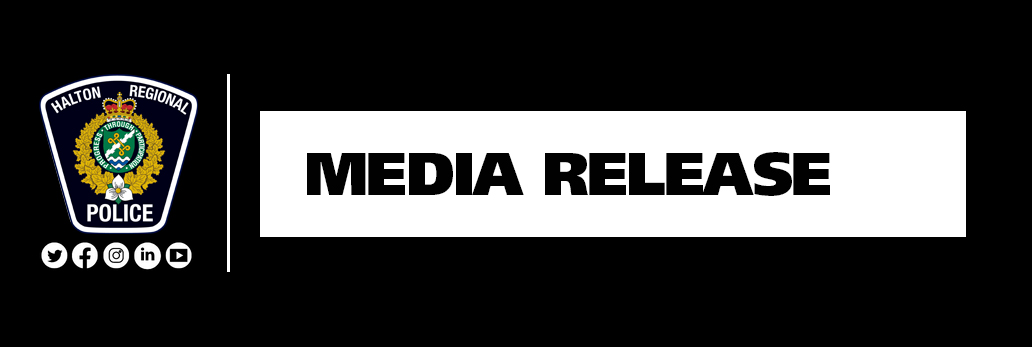
The Halton Regional Police Service (HRPS) are warning the public of an increase in the “bank investigator” fraud scam that has been occurring throughout the Region.
Since the beginning of 2025 HRPS have received 43 reports involving this type of scam which has resulted in the combined loss of approximately $522,000.
Investigators would like to provide educational information on how the scam is undertaken along with tips on how to protect yourself from opportunistic fraudsters.
- Victim receives a phone call from a fraudster portraying themselves to be a bank employee, advising the victim that a fraud has been detected on their personal account and they require the victim to help stop the fraud.
- The fraudster uses a “spoofing app” that makes it appear like they are calling from a legitimate telephone number associated to the bank.
- In some cases, victims have been instructed to cut their cards vertically in half, being advised that the bank will send someone personally to collect the cut up cards.
- The fraudster will advise the victim that new replacement cards will be issued the next day.
- A short time later, someone will attend the victim’s residence to pick up the cards which now allows the fraudster full access to victim’s account.
It’s crucial to remember that your bank will never ask you to withdraw money or conduct any financial transactions to assist with a fraud or internal investigation.
Additionally, they will never request your banking credentials, such as your online banking password or the one-time security code sent to your mobile device or email.
As with many scams, if an offer seems suspicious or sounds too good to be true, it likely is.
Moreover, neither your bank nor law enforcement agencies will ever ask the general public to participate in fraud investigations or offer financial rewards for doing so.
Police recommend the following tips to help protect yourself:
- Be cautious of call-spoofing: Fraudsters often use call-spoofing techniques to disguise their phone numbers. Don’t rely on the phone number displayed—it's easy for scammers to fake it.
- Verify incoming calls: If you receive a call claiming to be from your bank or financial institution, tell the caller you’ll call them back. Hang up and then dial the number on the back of your debit or credit card from a different phone, or wait at least 10 minutes before making the call.
- Avoid sharing links or URLs: If you receive a text or email with a link or URL from an unknown source, don’t click on it or share it with anyone. These could lead to phishing sites or malicious pages.
- Protect your authentication codes: Never share any codes you receive via text or email. These are often multi-factor authentication (MFA) codes that fraudsters can use to gain access to your account.
- Be cautious with card numbers: Fraudsters may mention the first four to six digits of your debit or credit card, which are used to identify the card issuer (called the bank identifier number or BIN). Remember, many cards from the same bank share these digits.
- Beware of past data breaches: If your personal information was compromised in a data breach or phishing attack, be extra cautious. Fraudsters might use this previously stolen data to make their scam attempts seem more convincing.
- Never give remote access to your computer: No legitimate organization will ask for remote access to your computer. Always protect your devices and personal data.
- Don’t transfer funds to external accounts: Financial institutions or online merchants will never ask you to transfer money to an external account for security reasons. Be wary of any such requests.
- Protect your bank card: Your bank or the police will never ask you to hand over your bank card or visit your home to collect it. Always keep your card safe.
Following these steps can significantly reduce the risk of falling victim to scams and help keep your financial information secure.
If you have been the victim of fraud, please call the Halton Regional Police Service non-emergency line at 905-825-4777, the Financial Crimes Unit - Intake Office at 905-465-8741 or contact the Canadian Anti-Fraud Centre at 1-888-495-8501.
Learn more on the Canadian Anti-Fraud Centre’s website: https://antifraudcentre-centreantifraude.ca.
Media Inquiries:
Halton Regional Police Service
Media Relations
Phone: 905-825-4899
Email: corpcomm@haltonpolice.ca
 I Want To
I Want To





 Subscribe to this Page
Subscribe to this Page